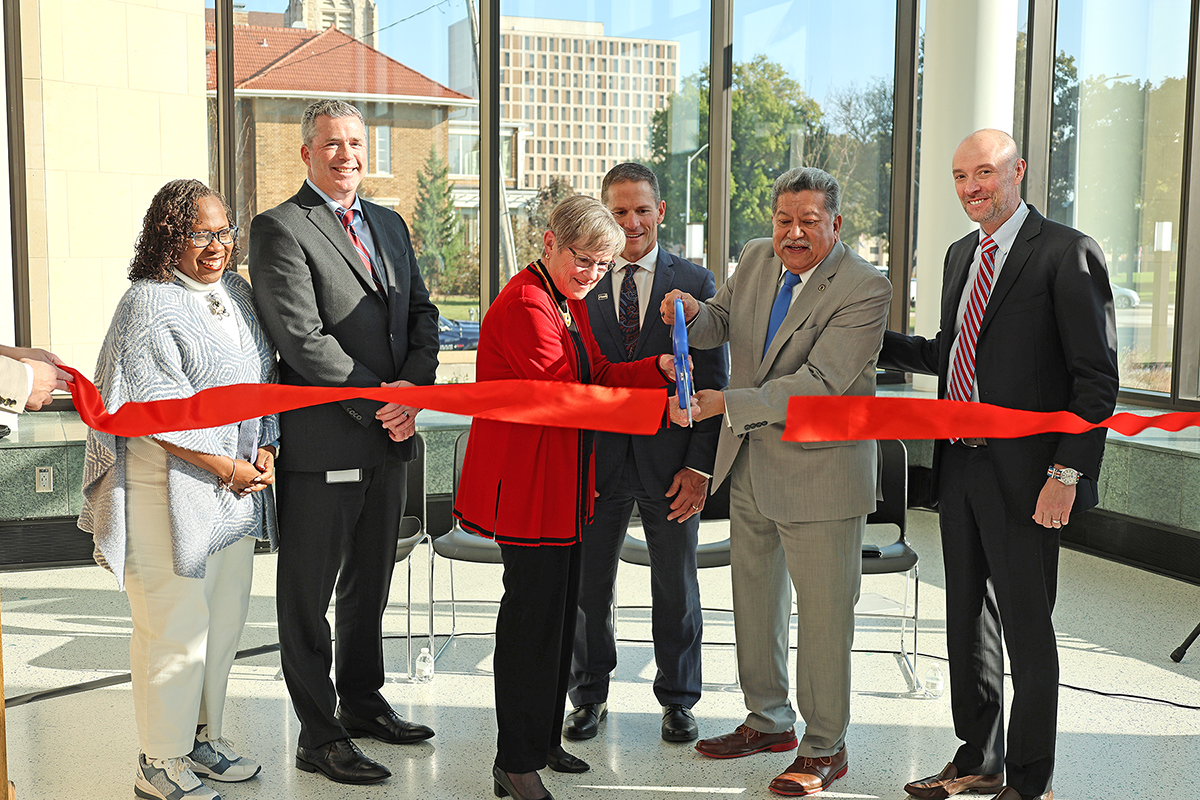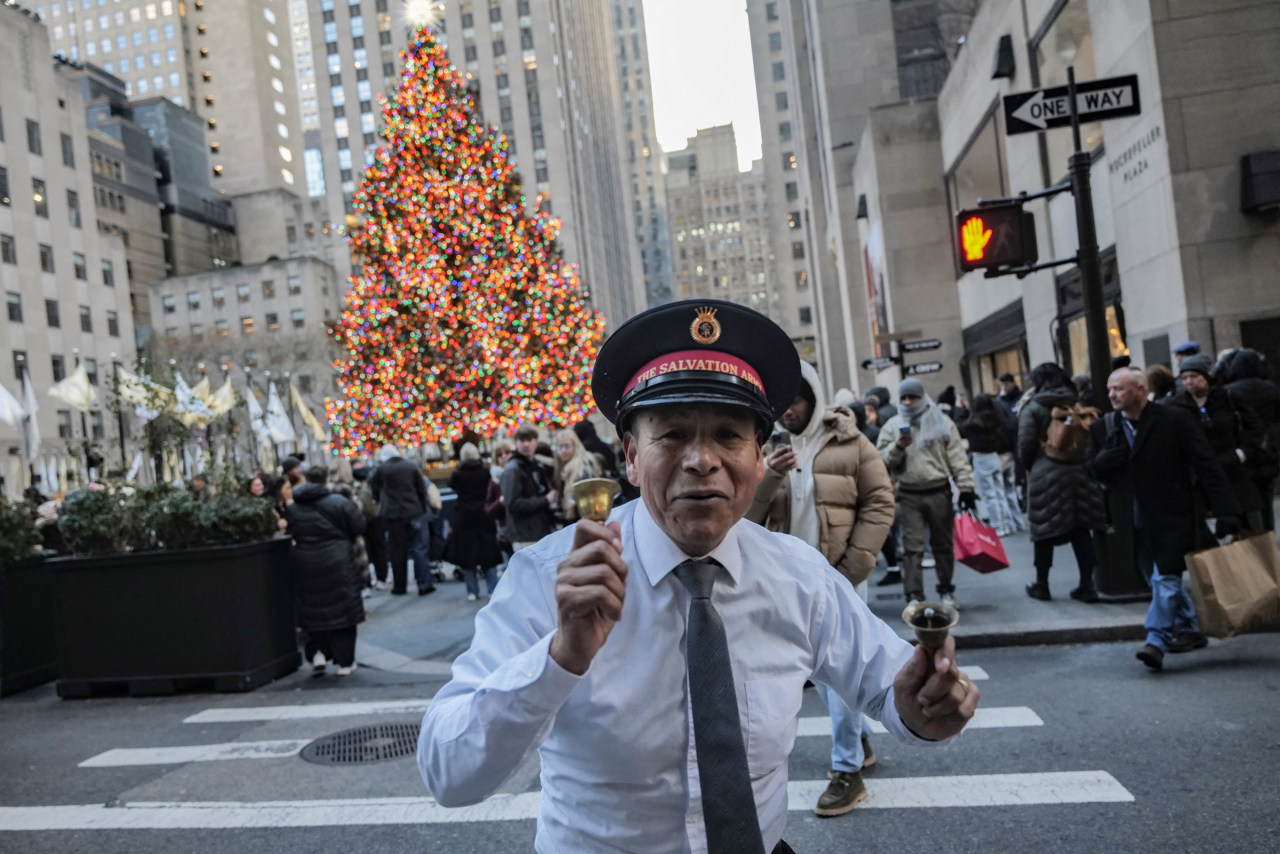In a recent town hall meeting at the Leawood community center, Governor Laura Kelly and Budget Director Adam Proffitt discussed the upcoming 2026 “People’s Budget.” This statewide listening tour, designed to incorporate public input, is a response to previous budget processes that have received criticism for their lack of transparency and public engagement.
Eschewing flashy presentations, the meeting focused on straightforward discussions about budget priorities. The event was characterized by simple setups, featuring only microphones, chairs, and a willingness to engage with the community. Governor Kelly, known for her commitment to fiscal responsibility, emphasized her dedication to the state budget, which she views as a critical component of her role since her tenure began.
Budget Highlights and Economic Development
During the meeting, Kelly highlighted a notable achievement: the state’s rainy-day fund has increased from zero to $2 billion under Proffitt’s leadership. This improvement is partly attributed to the elimination of budgetary tricks that had previously characterized the state’s financial management. The governor contrasted this success with the Legislature’s approach, which included unnecessary bonding of $325 million and a flat income tax proposal that she described as a return to “dark days” that the state should avoid.
Addressing concerns about retaining younger residents, Kelly pointed to significant economic development initiatives such as the Panasonic plant in DeSoto and Hilmar Cheese in Dodge City. She underscored the importance of budget allocations that support these developments and ensure the availability of affordable housing, aiming to provide young Kansans with viable living options.
Education Funding and Local Government Relations
Education funding was another key topic at the town hall. Governor Kelly reiterated her administration’s commitment to fully fund public schools for the past seven years. However, she acknowledged that both the federal government and the Kansas Legislature have fallen short in meeting their obligations regarding special education funding. This shortfall forces schools to divert resources from general education to cover special education costs, creating a challenging situation for many districts.
When questioned about property tax solutions, Kelly expressed her reluctance to support caps or gimmicks. Instead, she advised engaging directly with local municipalities, as they bear the brunt of property tax implications. She raised the possibility of addressing state “unfunded mandates” on local governments, suggesting that this could be an avenue for improving budgetary dynamics.
In reflecting on the town hall experience, it is evident that effective budgeting goes beyond mere numbers; it involves understanding and addressing the needs and aspirations of the community. Governor Kelly’s direct engagement with citizens illustrates a commitment to restoring meaning and accountability in the budgeting process.
As Kansas navigates its fiscal future, the input gathered from these town hall meetings will play a crucial role in shaping the state’s financial landscape. The emphasis on transparency and community involvement may set a new standard for how budget discussions are conducted across the state.







